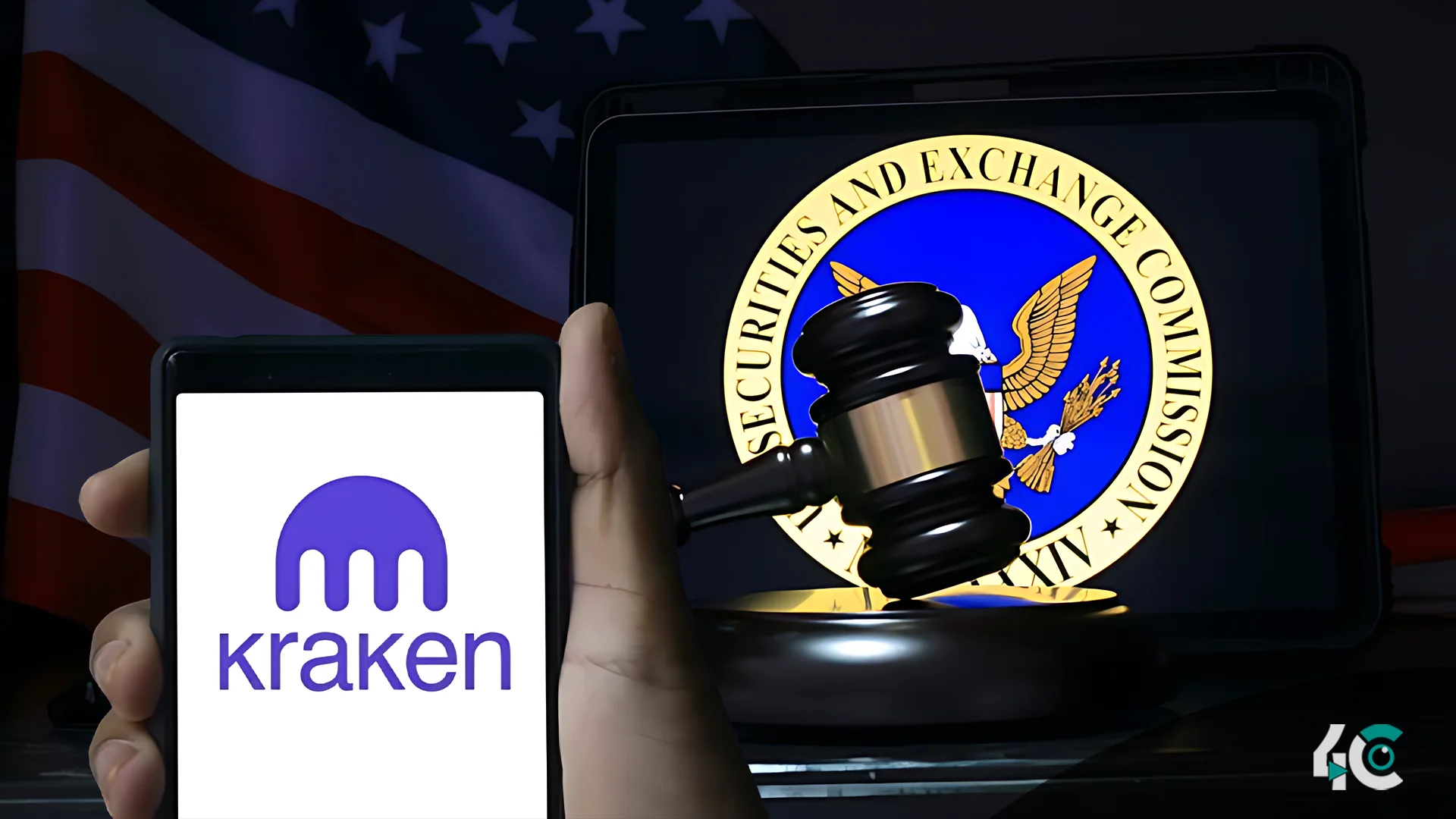The United States Securities and Exchange Commission (SEC) is intensifying its legal dispute with cryptocurrency exchange Kraken, filing a motion to dismiss significant defenses that the exchange has raised in response to allegations of operating as an unregistered securities platform. The SEC declared on November 5 that Kraken’s defenses of unclear regulatory requirements and lack of fair notice fail to meet legal standards and warrant rejection.
Kraken has stated that the SEC did not give enough regulatory guidance on how securities laws apply to digital assets. The exchange alleges it had no fair notice of potential infringement. However, the SEC refuted this response by claiming that the phrases defined under US securities law—such as “investment contract”—are sufficiently clear and applicable to the crypto sector, including Kraken’s activities.
The SEC also rejected Kraken’s use of the “major questions doctrine,” a legal premise that prevents federal agencies from increasing their regulatory authority without specific congressional consent. Kraken used this approach to argue that the SEC exceeded its power by applying securities regulations to digital assets without additional legislation. The SEC maintains that current securities regulations are wide enough to cover digital assets, which refutes Kraken’s premise.
The SEC filed this motion as part of a larger case in November 2023, accusing Kraken of facilitating unregistered securities trades since 2018, which allegedly generated significant revenue with minimal regulatory oversight. Earlier in August, the court dismissed Kraken’s request to dismiss the case, thereby confirming the SEC’s position on the application of securities law to digital assets.
Furthermore, the SEC urged that the court limit discovery in the case to avoid a lengthy and perhaps irrelevant probe. By reducing discovery, the SEC hopes to reduce the time, expense, and complexity of the proceedings, streamlining the process and focusing on pertinent matters.
As the crypto sector watches this legal battle play out, it highlights the problems of regulatory compliance in a quickly changing business. The eventual ruling could have far-reaching implications, perhaps establishing a precedent for how securities laws will apply to digital asset exchanges and determining the future landscape of cryptocurrency regulation in the United States.
































